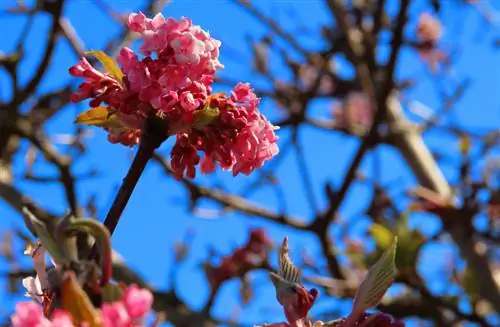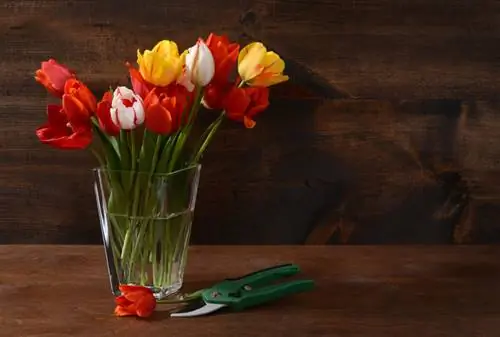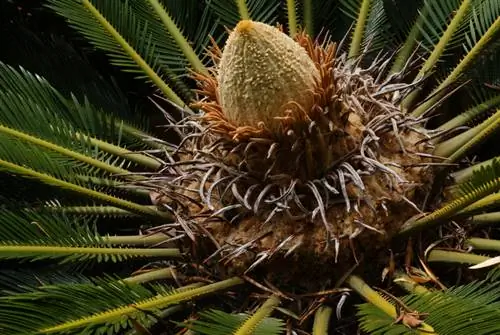- Author admin leonars@hobbygardeners.com.
- Public 2023-12-16 16:46.
- Last modified 2025-06-01 06:02.
In its homeland, the Mediterranean regions, silverweed is not uncommon. Whether on the side of the road, between rocks or in rock gardens - this plant appears delicate and lush at the same time. What should you pay attention to when cutting?

How do I cut my silverweed correctly?
When cutting silverwort, you can either cut the entire plant in half after the main flowering period to encourage repeat blooms, or regularly remove wilted flowers to encourage bushy growth. Heavy pruning can be done in spring or autumn.
Stimulate re-blooming - cut away old flowers
The main reason many gardeners prune their silverweed is to prolong the blooming period. Normally the silverweed would only bloom from June to July. However, with a trick you can postpone the flowering period until autumn.
Two ways to extend the flowering period
You have two options to extend the flowering period. The first option is to wait until most of the flowers have faded in July. Then grab the secateurs and cut the entire plant back by about half.
The second option is to visit and inspect the plant regularly. Every time you see withered flowers, they are cut off or the perennial is cleaned out. The result is that every time a flower is cut off, the plant forms a new flower bud at this point.
Prevent self-seeding - or allow it?
When the flowers have withered, you have to decide: Do you want the plant to self-sow or even harvest the seeds? If you want to prevent propagation via seeds, you should remove all inflorescences even after flowering.
If you just want to get a few seeds or want the silverweed to sow itself, it is often enough to leave a handful of withered flowers. Direct sowing takes place in April.
Acquaintance with scissors - no pressure
Basically, it is not necessary to cut the poorly winter-hardy silverweed at all. It can thrive even without pruning. But it becomes more splendid when it regularly gets to know the scissors.
Other important information about cutting
Here are a few tips on cutting:
- lighten regularly
- Pruning promotes bushy and compact growth
- strong pruning can be done in spring or autumn
- when pruning heavily, cut back just above the ground
- commercially available and previously cleaned secateurs (€14.00 on Amazon) are sufficient
Tip
You should also cut off diseased shoots and leaves. However, the clippings are not disposed of in the compost, but in household waste.






